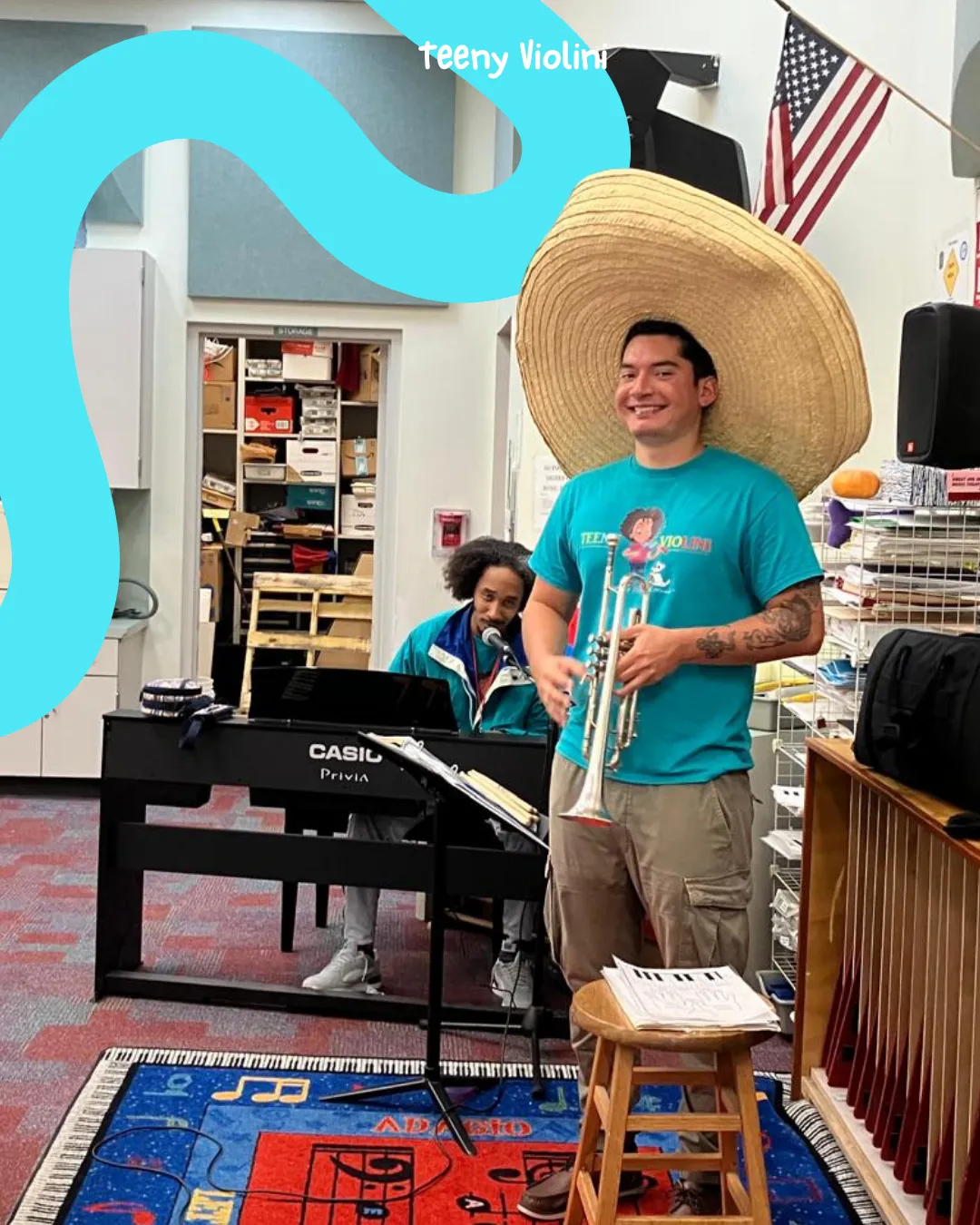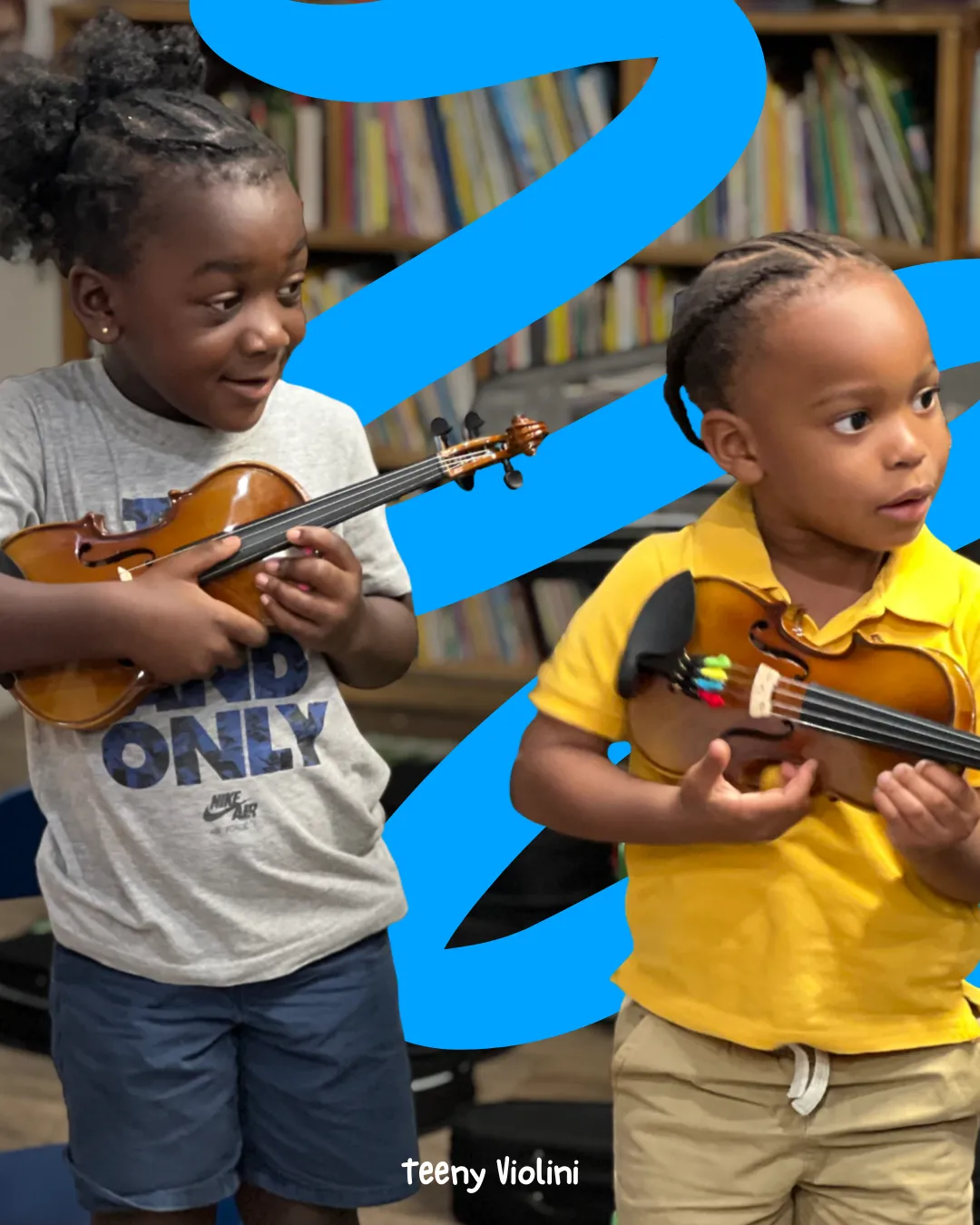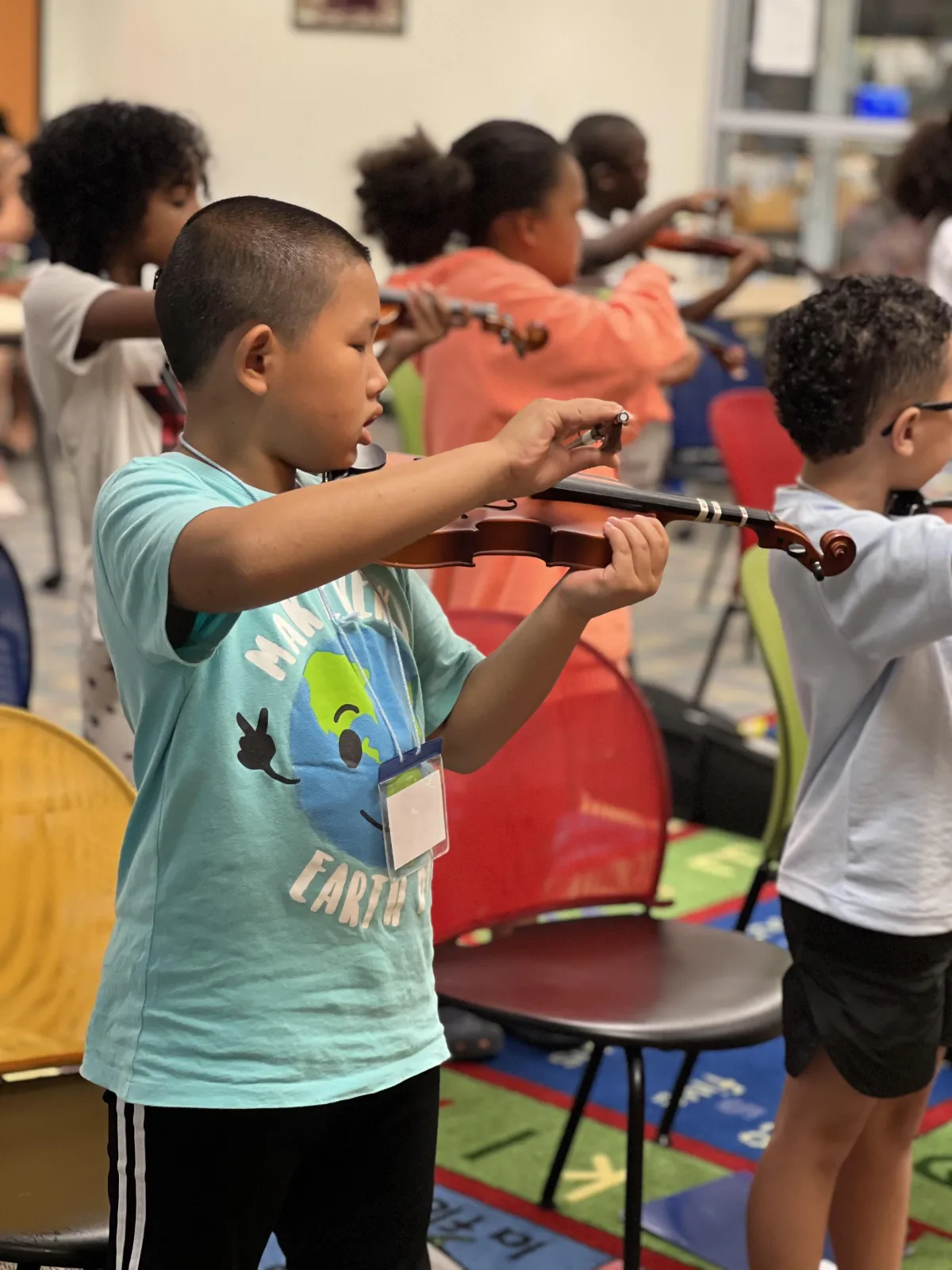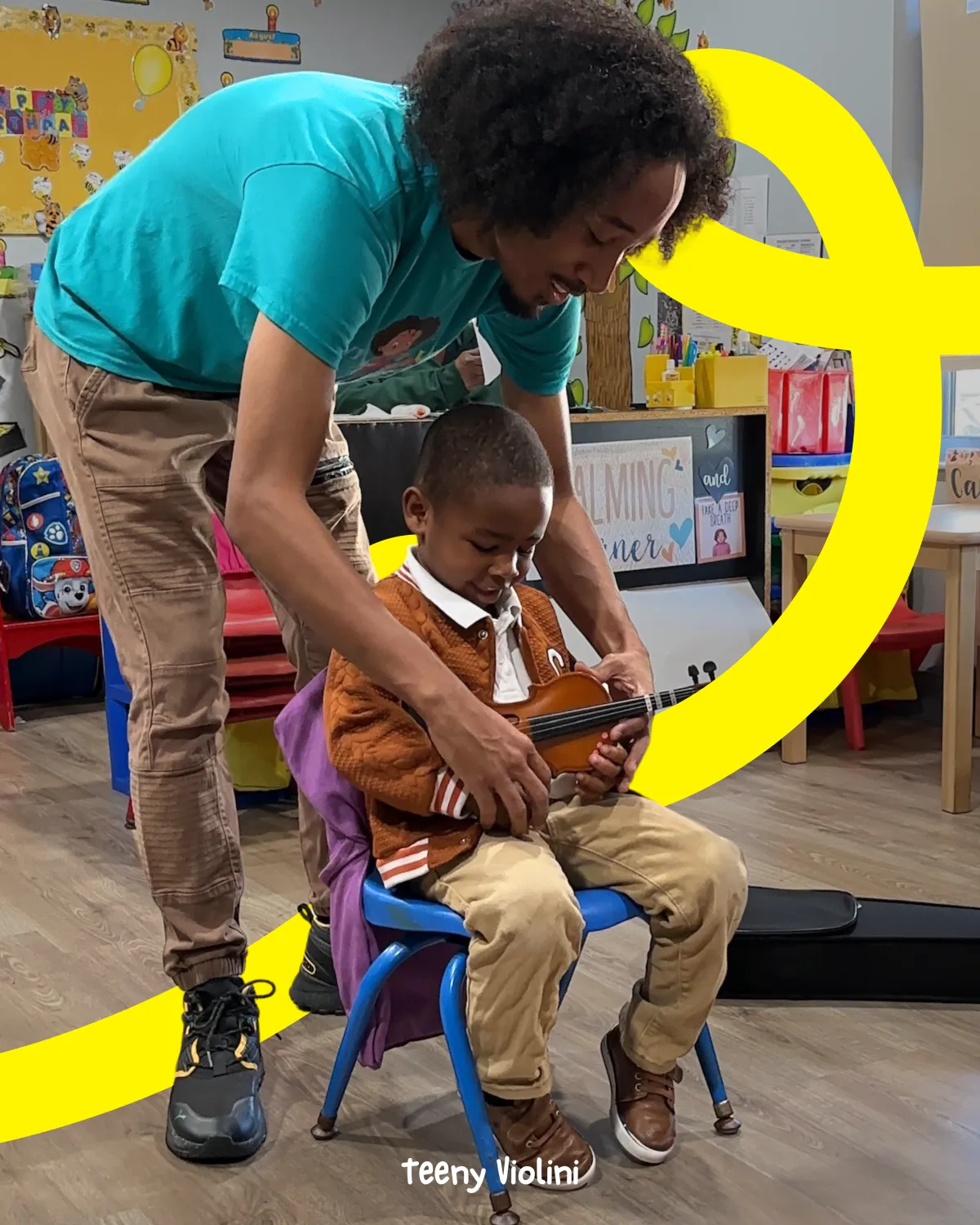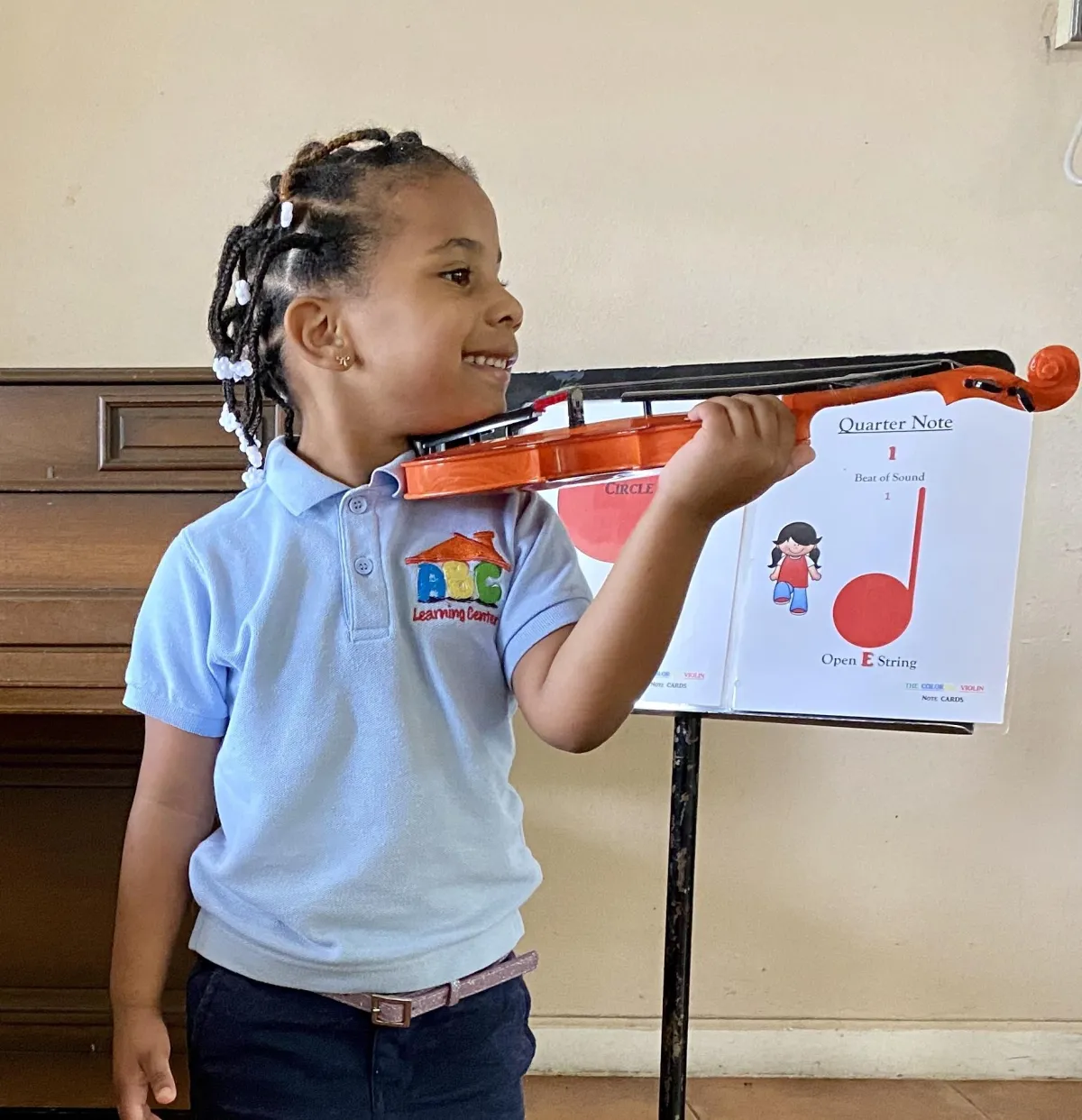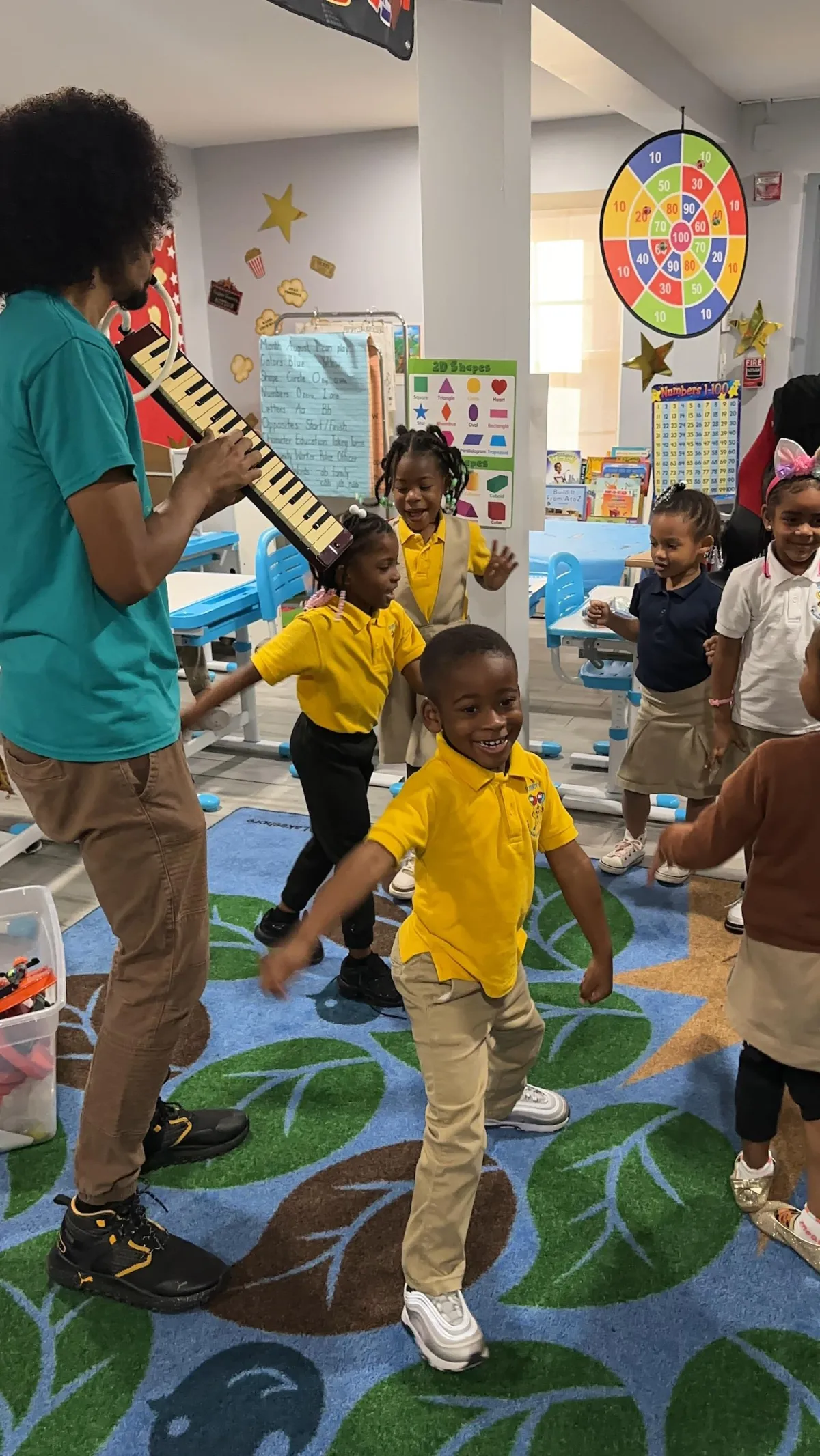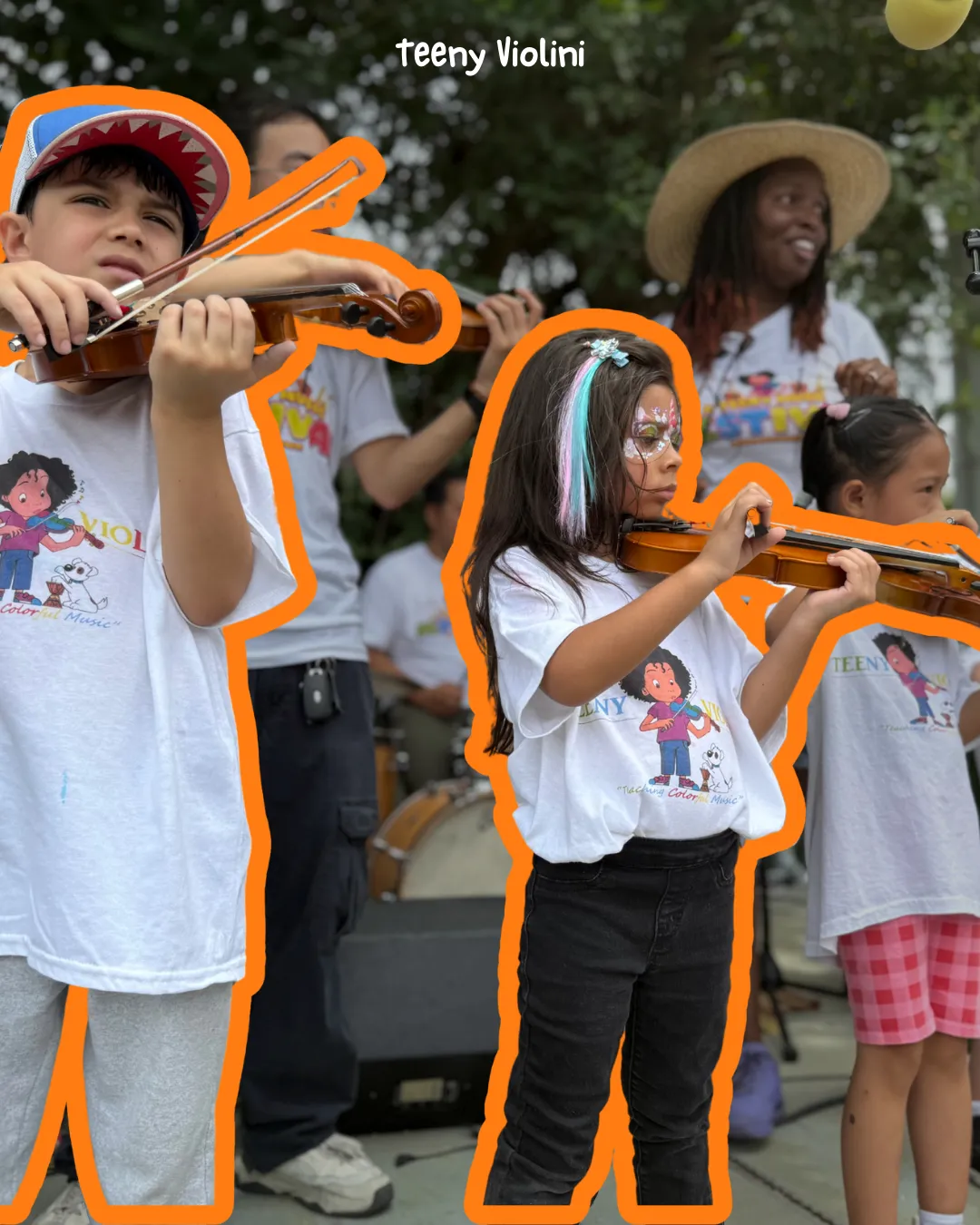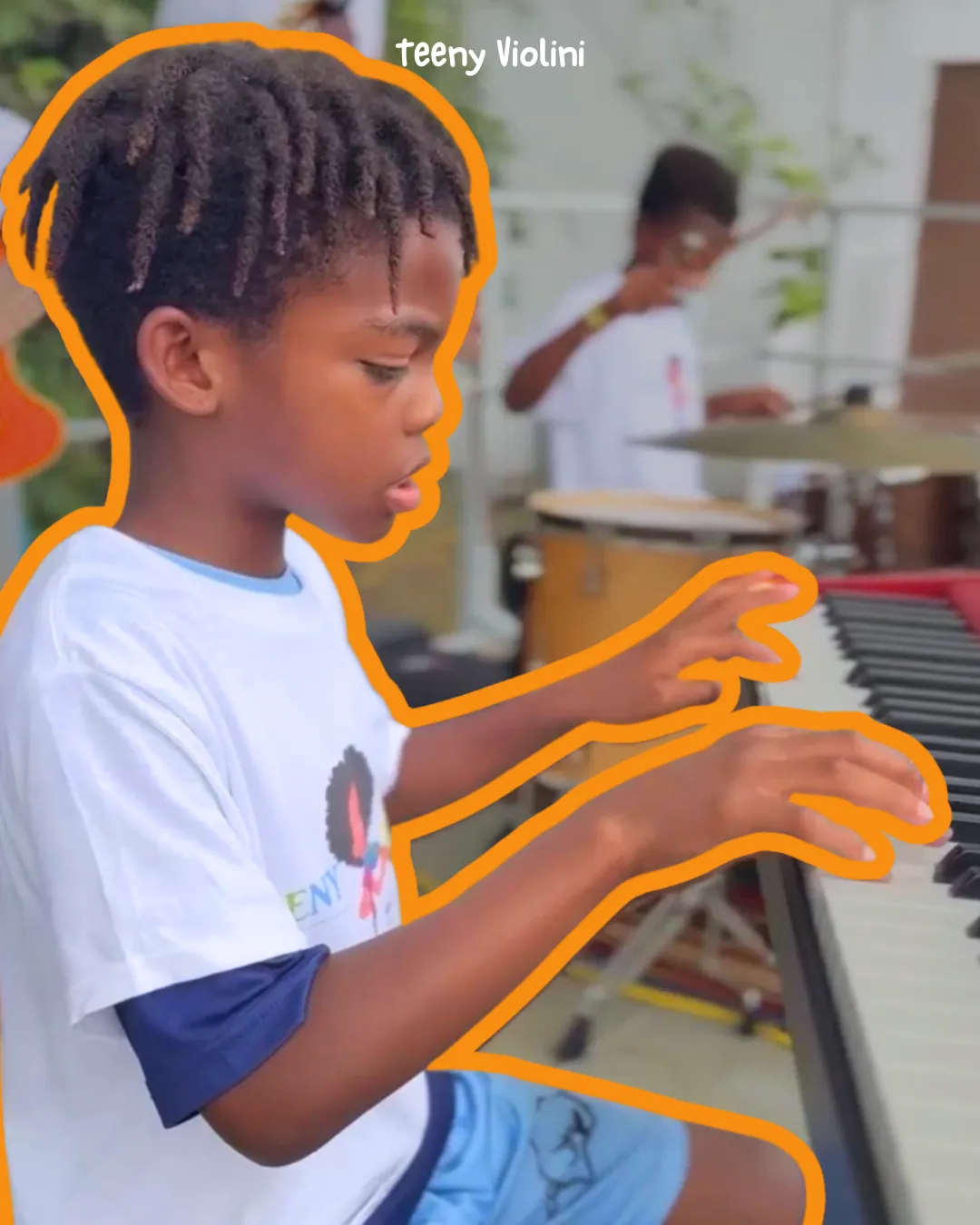TEENY VIOLINI
We bring the magic of music directly to where children learn and grow. As Miami’s mobile music education program, we partner with early learning centers, preschools, and after-school programs to make high-quality music instruction accessible for all.
TEENY VIOLINI
A mobile music education provider for early learning centers, preschools, and community programs.
Teaching Colorful Music
Incorporating our Teeny Violini program into your Early Learning Center, Preschool, or Community Program will provide your students with an exciting opportunity to grow and discover music.
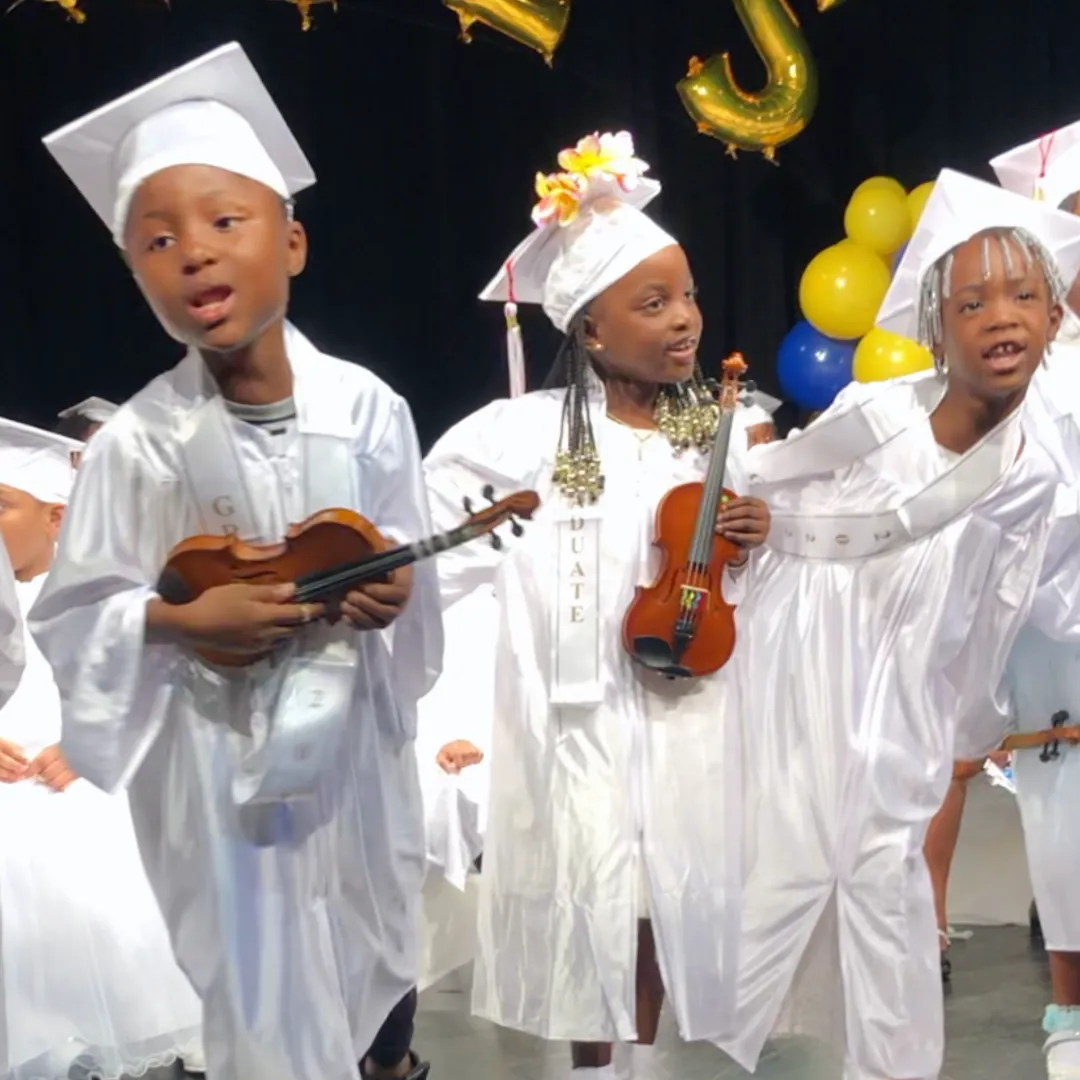

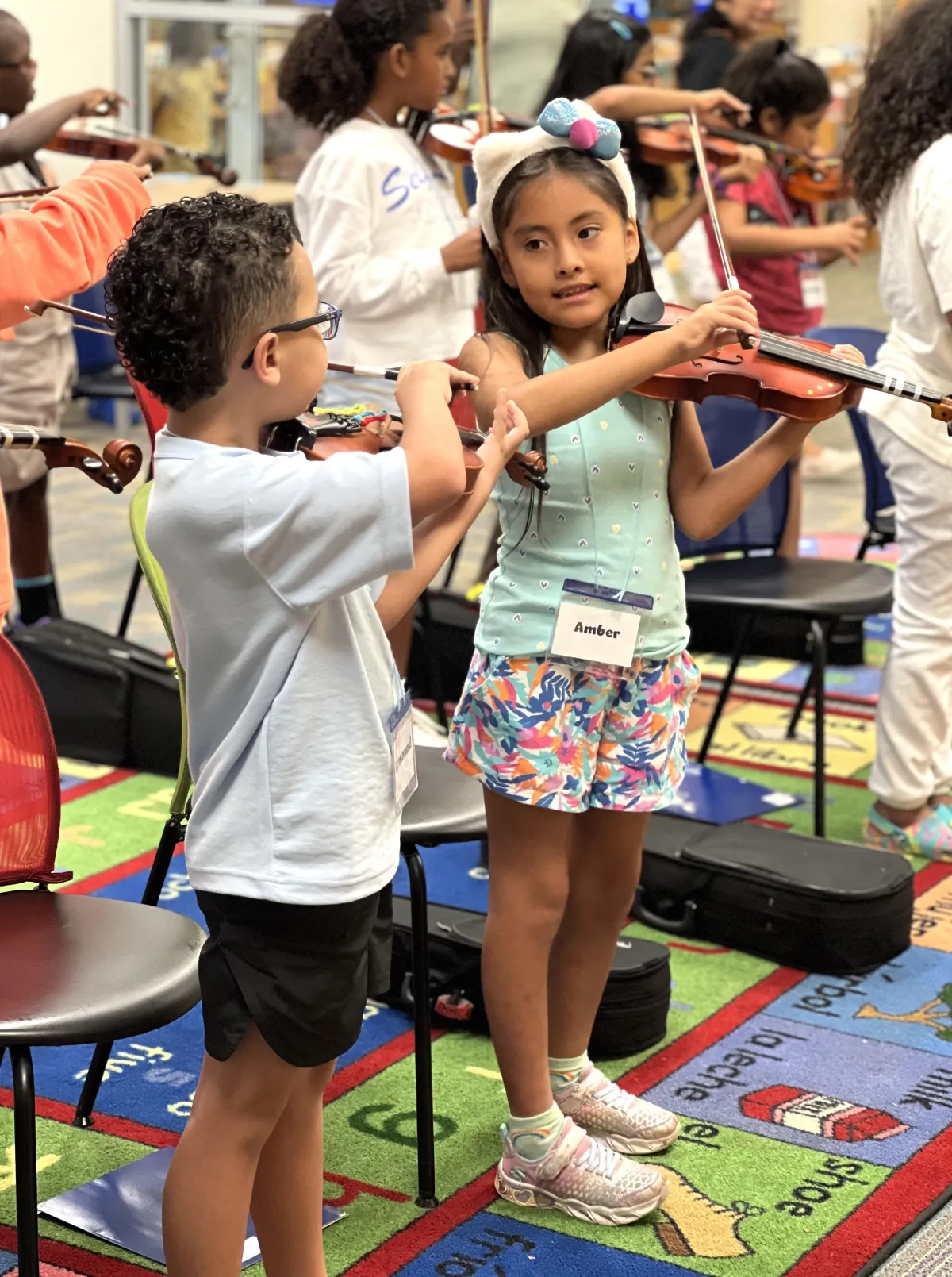



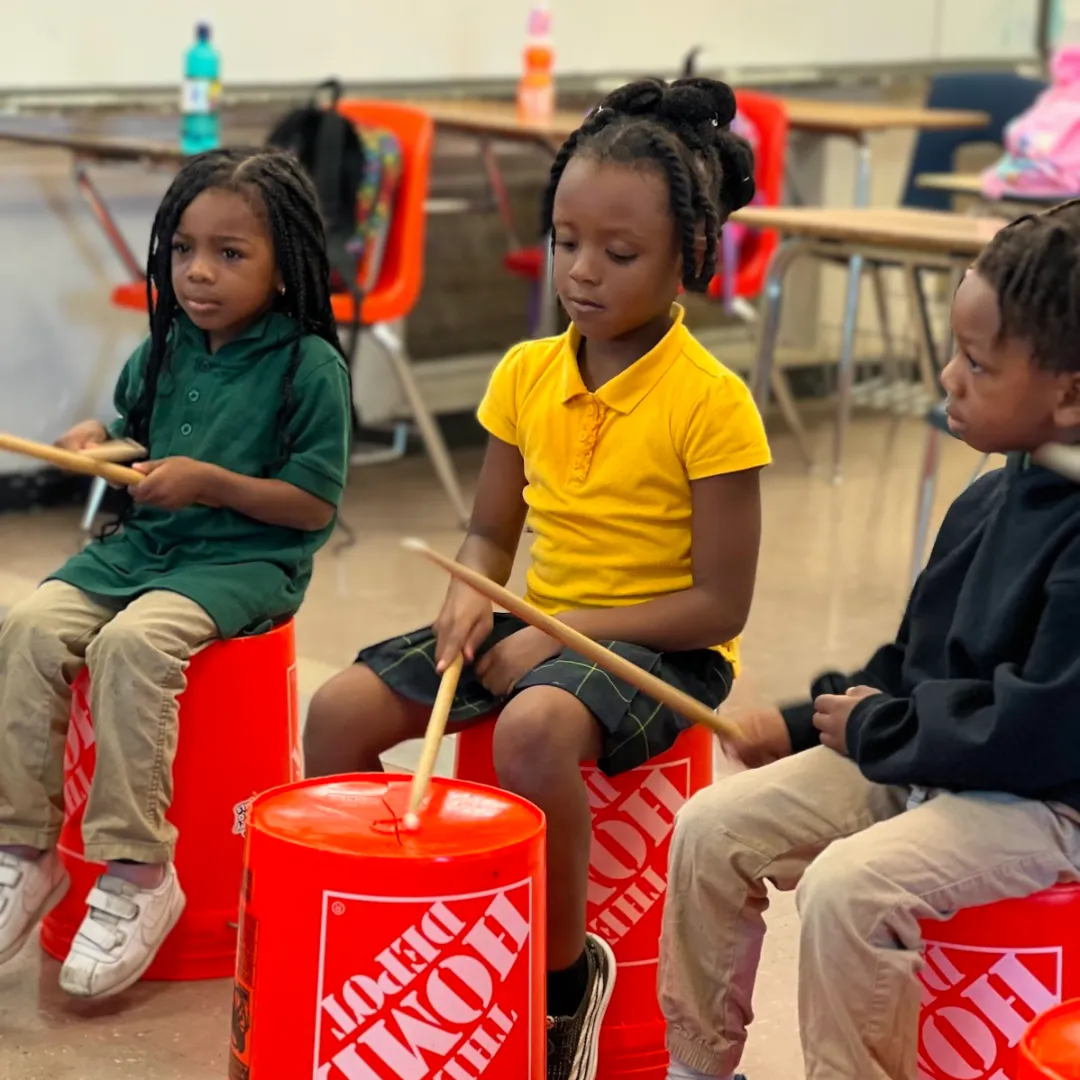

The Advantages Of Including Teeny Violini Music In Your School

LITERACY DEVELOPMENT
Many songs support emergent language and literacy development through exposing children to the basic structure and sequence of sounds involved in language.

FOSTER SOCIAL INTERACTIONS
Shared music-making can activate and synchronize similar neural connections in participants, resulting in feelings of togetherness and shared purpose.

SELF-CONFIDENCE
Music activities can foster children’s self-regulation, social competence, self-confidence and the ability to work with others in a group.

STRENGTHEN NEURAL CONNECTIONS
Active music participation can help to strengthen neural connections and develop important areas in the brain.

DEVELOPMENT OF MOTOR SKILLS
Range of small, large, motor and non-locomotor movement to music can naturally and support children’s development of motor skills.

EMERGING MATH SKILLS
Songs and rhythmic chants in varied meters can familiarize children with concepts of proportions, patterning, and counting.
Major Funding Support
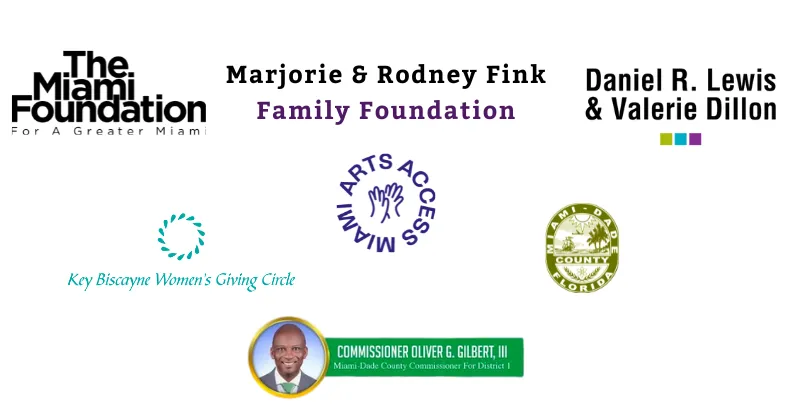
Community Partners
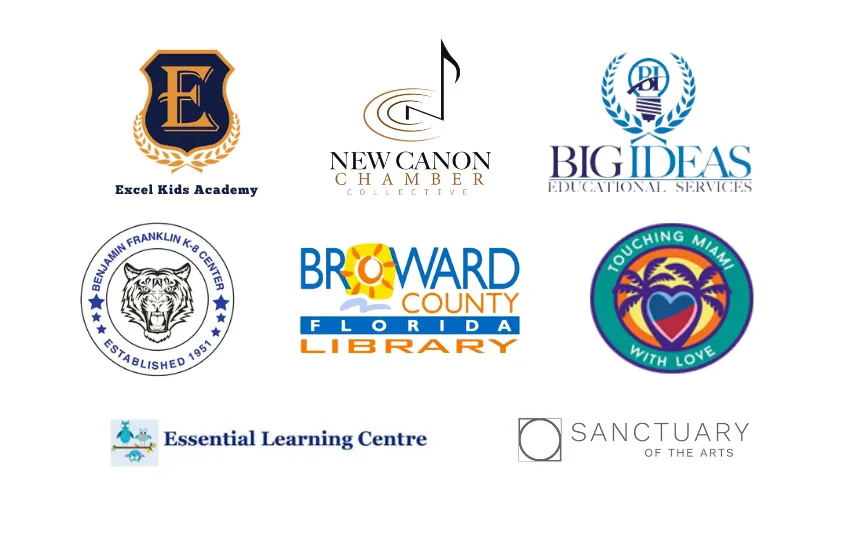
Early Learning Centers and Preschools
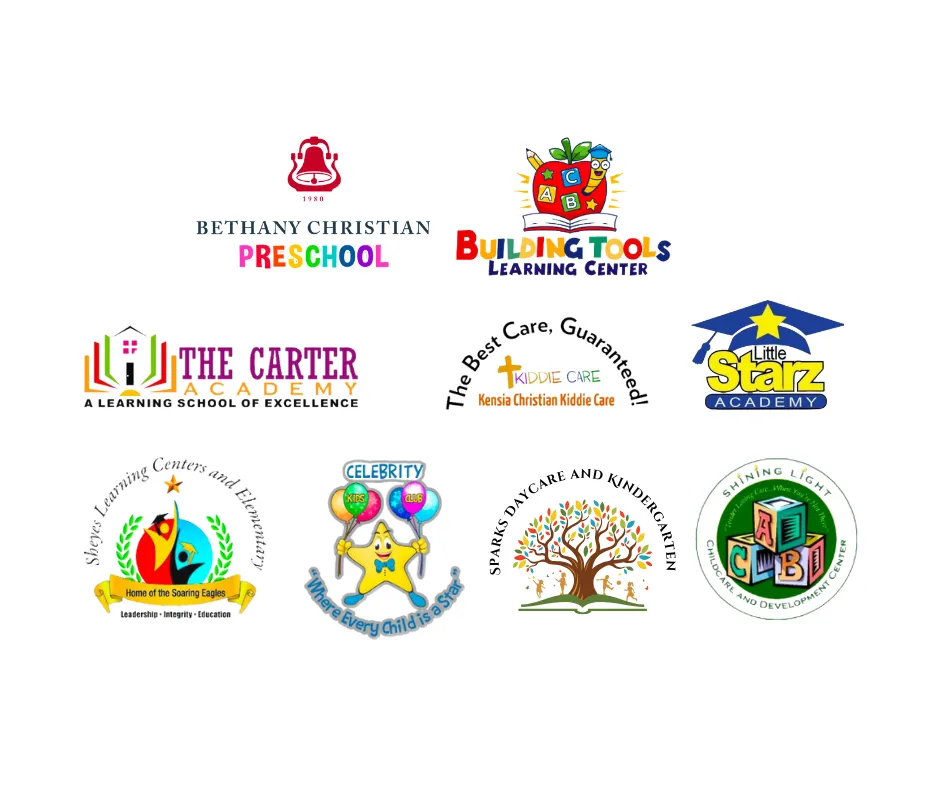
Miami-Dade County Public Schools (MDCPS)

Donate to Teeny Violini Today!
